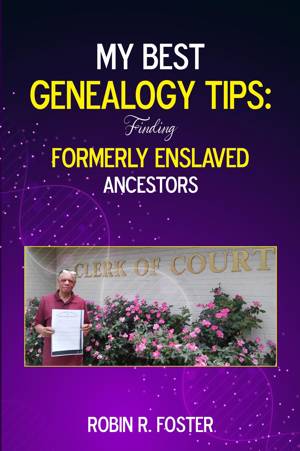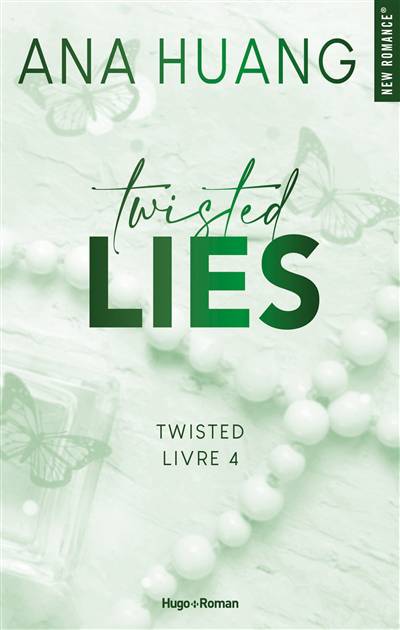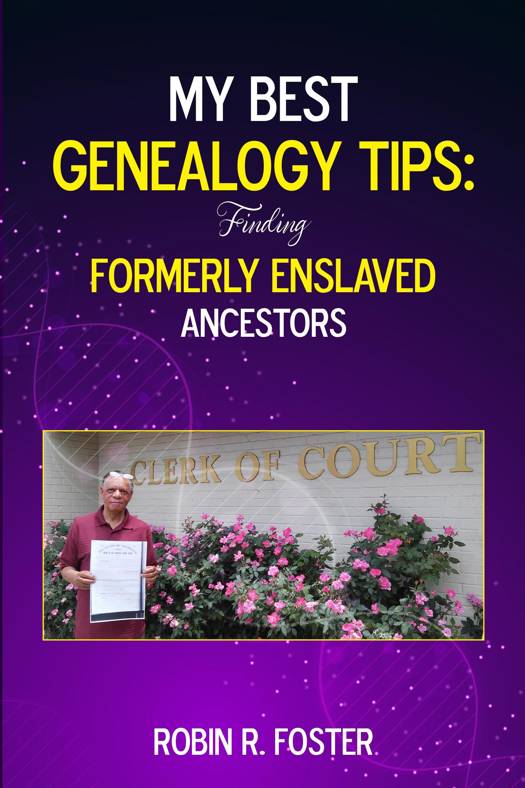
- Retrait gratuit dans votre magasin Club
- 7.000.000 titres dans notre catalogue
- Payer en toute sécurité
- Toujours un magasin près de chez vous
- Retrait gratuit dans votre magasin Club
- 7.000.000 titres dans notre catalogue
- Payer en toute sécurité
- Toujours un magasin près de chez vous
Description
Did you ever wonder about the enslaved people in your ancestry?
Have you asked the oldest living relative what they remember? Do you know what to do next? I was able to find my second great grandfather, Beverly Vance (1832-1899), in 1880 and 1870 on the census along with his mother, his wife, and his children. Have you located your formerly enslaved ancestor in the 1880 and 1870 censuses? This book, entitled My Best Genealogy Tips: Finding Formerly Enslaved Ancestors, will lead to discovering ancestors who had been enslaved.
My move to South Carolina
When I first moved to South Carolina in 2005, I no longer had to research my ancestors from afar. I lived in the same town as the South Carolina Department of Archives and History. I went regularly to Richland Library where I learned about my family in Richland County, and I identified Abbeville County as the place where they were enslaved.
After going through and documenting everything I had, I reached out to the community where Beverly was enslaved in Abbeville County, South Carolina. Originally, I was puzzled because I could not find them in 1880. Greenwood County was redistricted in 1897. They did not move, but Greenwood County did not exist before 1897. It was Abbeville County, SC before 1897.
Digging a little deeper
I moved to Greenwood County, SC and spent two years trying to uncover what I could. The research included in this book is for those of you who would like to take my examples and use them to find burials for those who were formerly enslaved. I documented formerly enslaved ancestors and worked with the descendants of enslavers to discover what they knew.
I did not take the advice given to me by other people while I was researching. It is so important to have a clear head when you are looking for family. I was told that I would not be able to document my ancestors before 1870. I was told that I would not find them married after enslavement. I was told that I did not need to search for them on land deeds or even in newspapers. These are the things that I was told. Let me say that if I had entertained any of what I was told, I would not have had the findings presented in this book.
I did not listen, and I have found all but one of my ancestors married after enslavement. So, just remember when you have become a little down because you have made that overwhelming discovery and grandma just does not want to talk or people with the best intentions give the wrong advice.
For these reasons, I have a habit of visiting courthouses, libraries, historical societies, and archives to see their resources in-person after I have exhausted researching online. Even with all that has been put online, I notice parts of collections. All the original documentation is kept at the repository. Do not get me wrong though. Databases such as familysearch and Ancestry are vital. FamilySearch Books, WorldCat, and Internet Archive are places I have found my ancestors.
I share other places where I conducted genealogy research: Alabama, Louisiana, Mississippi and North Carolina.
Spécifications
Parties prenantes
- Auteur(s) :
- Editeur:
Contenu
- Langue:
- Anglais
Caractéristiques
- EAN:
- 9798223057956
- Date de parution :
- 01-05-23
- Format:
- Ebook
- Protection digitale:
- /
- Format numérique:
- ePub







